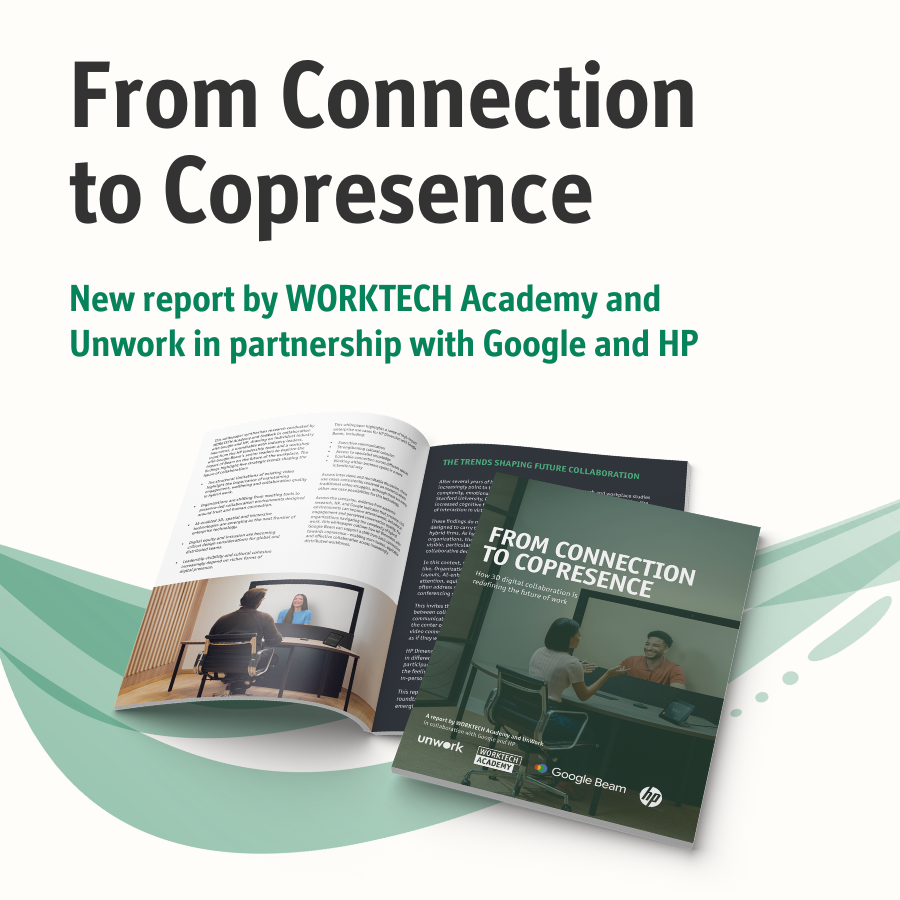Signal File: what this week’s headlines reveal about global readiness
From patching skills gaps to educating a nation on AI, this week’s signals draw on global examples of how companies and workers are preparing for the future
Staying ahead in the rapidly evolving world of work means tuning in to the signals shaping the future workplace. In this weekly column, we highlight the latest news on our radar and its implications on business. This week, those signals span continents, cultures and generations.
India is scaling AI education across its population. Australia is automating construction to address labour shortfalls. US firms are rethinking parental leave culture and Gen Z is pushing back on traditional education. Taken together, these stories reflect an emerging global priority – reengineering readiness to be faster, fairer, and more fit for the future.
Tackling parental leave stigma in the US
McKinsey has partnered with nonprofit Moms First to encourage greater use of paid parental leave among its US employees. Despite offering 14 weeks of fully paid leave, uptake, especially among fathers, has been low. The new campaign uses storytelling and manager training to normalise leave-taking and reduce stigma.
In action: Generous leave isn’t enough. To normalise it, companies must champion it through updated policies, leadership visibility, and consistent internal promotion.
AI drafted in to solve Australia’s labour crisis
Australia is leveraging AI to address the country’s labour shortages in construction and speed up the delivery of new homes. The government-backed ‘Housing Australia Future Fund’ is exploring how digital twin tech, AI-powered building design, and automation could increase efficiency while reducing reliance on hard-to-source workers.
In action: Rethink resilience via automation. With skills shortages set to worsen globally, investing in AI for workforce augmentation can fast-track infrastructure while supporting strained industries.
India launches its first AI university
India’s first private AI university, Universal AI University, has opened in Maharashtra with plans to train up to 1.5 million students a month. Backed by industry experts and offering programs from undergraduate to doctoral level, the initiative showcases India’s ambition to lead in global AI talent development.
In action: As AI reshapes work, consider building local capacity through targeted education for global competitiveness and reduced imported expertise dependency.
Gen Z questions higher education’s ROI
A new survey finds that one in four Gen Z workers believes their college education wasn’t worth the cost. Many cite rising tuition, lack of job alignment, and the growing availability of alternative learning paths as reasons for regret, especially as digital credentials and on-the-job skills gain credibility.
In action: Rethink the talent pipeline. As traditional degrees lose their grip, employers must embrace skills-first hiring and invest in alternative credentials that reflect today’s learning realities.








